
By Daniel Asafra TIBU
Tourism remains one of the world’s multi-million dollar industries and has the potential of becoming the largest employers.
According to the UN Tourism formerly United Nations World Tourism Organisation (UNWTO), tourism employs two (2) out of every 10 job seekers and therefore any deliberate attempt by a government to introduce a 24-hour economy strategy will go a long way to create more jobs opportunities for the jobless most especially the teeming youth in tourism sector of Ghana.
Besides the standard daytime economy which runs from morning to evening, a 24-hour economy brings into focus all other activities that thrive nighttime or after dark. So in our part of the world where economic activities principally take place from morning to late afternoon or evening, the hours between dusk and dawn becomes unproductive.
Meanwhile it is common knowledge that some businesses have the capacity to produce around the clock if the necessary enabling environment is provided them to operate.
As a strategy, the 24-hour economy works across all industries and there is no denying the fact that the policy is capable of changing the business operation dynamics across all sectors if well implemented. That notwithstanding, the discussion will be limited to the travel and tourism sector of the country to ascertain how the 24-hour economy strategy is likely to generate economic value addition to the Gross Domestic Product.
For instance the positive impact the launch of London’s new Night Tube was making to the city according to EY and London First research findings was revealing. The city of London alone contributed 17.7 billion to 26.3 billion Pounds in Gross Value Added (GVA) to the UK economy in 2014. There was increased employment across several sectors of the economy i.e. hospitality and tourism, manufacturing, events, transport, construction, storage and logistics, health, information and communication and many others.
In effect, a whole range of industries was positively impacted. As already acknowledged, tourism is one of the world’s multi-million dollar industries around which even the economies of the developed countries revolved. The 2024 World Economic Forum travel and tourism development index for example ranks the United States, Spain, Japan, France, Australia and so on as the top ten countries in the world benefiting from over 70 percent of travel and tourism GDP to their economies.
However, the unexpected COVID-19 Pandemic struck and brought the world on its knees – both the developed North and less developed South suffered the pinch of the pandemic. All economic sectors were impacted and tourism was no exception. The travel and tourism sector is still recovering from the COVID-19 pandemic but not without many challenges though.
The sector is however on track to move past the COVID-19 pandemic lows and even exceed the pre-pandemic highs. Available United Nations (UN) Tourism statistics points Global Tourism recovery in a positive direction. For example, UN Tourism data reveals that international tourist arrivals reached 89 percent of pre-COVID levels in 2023 and 96 percent between January and July of 2024 whilst receipts have reached USD1.8 trillion same as pre-pandemic.
This has happened because countries serious about bringing their tourism to pre-pandemic era and beyond are thinking outside the box by adopting strategies such as the 24-hour economy which seeks to revive domestic and by extension international tourism.
Implementing a strategy such as the 24-hour economy will bring back nightlife in major cities across the country and thus ensures growth of the hospitality sub-sector of the industry. Even during the military regime of the late 80s and early 90s, post-military through to early 2000s there were nightlife.
Cinema houses, Spinning and Musical Groups, discotheques, clubs et cetera operated. Do you recall names like Cinemax, Constellation Go Bliss, Orion, Indigo and Keteke Nightclubs, and Super Mec Soundz? What about the famous check-check joints? I am taking you down this memory lane because as a country, we have not accounted for the sector then and still not taking the night economy of Ghana into consideration in the computation of our economic values.
Zeroing in further, the T&T sector will obviously create employment opportunities for people available and willing work. If skills training programmes such as apprenticeship, TVET and Adwumawura as proposed by the country’s largest opposition party National Democratic Congress (NDC) are implemented according to plan and the financial schemes under consideration in the party’s manifesto duly implemented, then youth with hospitality skills sets become one group of jobless people to benefit from the night economy.
Food service providers such as restaurants, bistros, coffee shops, snack bars, certified roadside food joints, and the traditional nighttime businesses such as discos, bars, pubs will be revived or supported to grow. Besides the direct economic impact, there will also be indirect and induced impacts culminating in a measureable multiplier impact on the economy. An active night economy replicates a daytime economy and even more.
For the safety of businesses and people patronizing nightlife, there is need for adequate police officers to ensure law and order as well as providing safety and security measures at all times for patrons who operate within this space. Transport services will still be required to operate normally or on time-scheduled basis. Essential service providers such as health facilities, pharmacies and ambulance services would work around the clock as well.
Additionally, in our bid as a country to position and add value to the creatives, arts and culture, the 24-hour policy presents an opportunity where arts, entertainment and music events will take centre stage as part of the nighttime economy arrangements.
It will help grow our local music talents, promote made in Ghana movie as they are premiered and screened at the theatres and revitalize cultural performances that showcase our identity as a people. The youth and physically challenged with skills in handicrafts and artifacts production that give meaning to our culture will be in business.
More so, the operational hours of monuments and museums and some other attraction sites could be extended making it possible for tourists and travellers especially those on transit and are hard pressed with time to explore night visits. For instance, National Museum, Kwame Nkrumah Memorial Park, Osu Christianborg Castle will remain open beyond the traditional closing time.
It therefore implies that these attractions would require extra hands to carry out the extended working hours. This brings tourism value and supply chain into perspective – consumers, distribution intermediaries and service providers. The distribution intermediaries may include but not limited to travel planners, tour operators, travel agents tour guides who directly attract tourists from the source market by put together appealing tour packages through various marketing channels.
To make tourists visit experience–worthy, service providers such as hotels, vehicle rentals, event organisers, accommodation providers, caterers, event organisers and many more comes to the equation. As earlier indicated, we cannot continue with business as usual – governments need to make deliberate efforts to get things done. To ensure sustainable and inclusive tourism for all, creating a destination that is more intentional and designed to attract people is the way to go.
In conclusion, this political or manifesto proposition by the National Democratic Congress should not be ridiculed for the purposes of partisan politics expediency or for lack of understanding of the issue.
The 24-hour economy is an economic strategy that even the developed economies and cities are now considering in their development agenda for job creation, revenue generation, infrastructural development and growing their GDP. Let’s note that Sydney, the capital of New South Wales in Australia only put together a 24-hour economy strategy in 2020 to turn around the fortunes of the city and country at large.
In this regard, The Hon Stuart Ayres, Australian Minister for Jobs, Investments, Tourism and Western Sydney has indicated that ‘our objective is to create a 24 hour city that is world-renowned for its vibrancy, diversity, safety and access to amenity right throughout the day and night; to compete on the world stage and create jobs, we must have a fantastic after dark experience and 24 hour amenities for all to enjoy. And finally with more business activity through the night comes more opportunities for employment and greater choice for how locals and visitors interact with our city’.
And for cities like New York, London, and Berlin in the USA, UK and Germany respectively their night time economy were designed using the Night Tube or underground services which are all means of transport.
The assumption is that transport services around the clock will enable businesses to also operate in a similar fashion. It is obvious to reckon that tourism becomes a bigger beneficiary if a strategic policy like the 24-hour economy is well implemented.
The writer is a Tourism specialist
The post The 24-Hour Economy Policy: its significance to the sustainable tourism development agenda appeared first on The Business & Financial Times.
Read Full Story
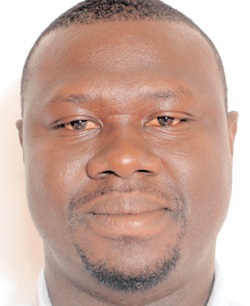






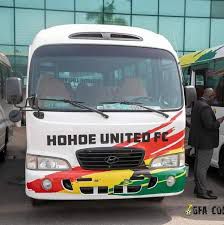
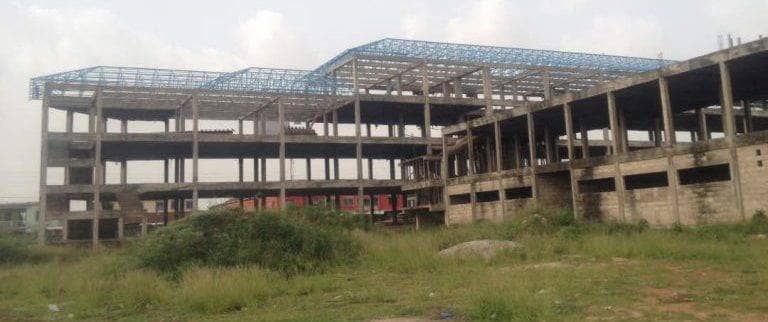

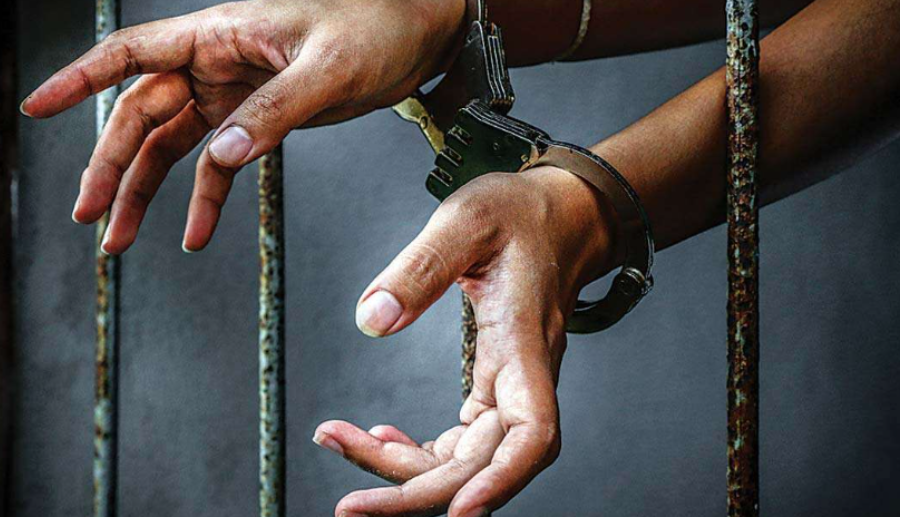




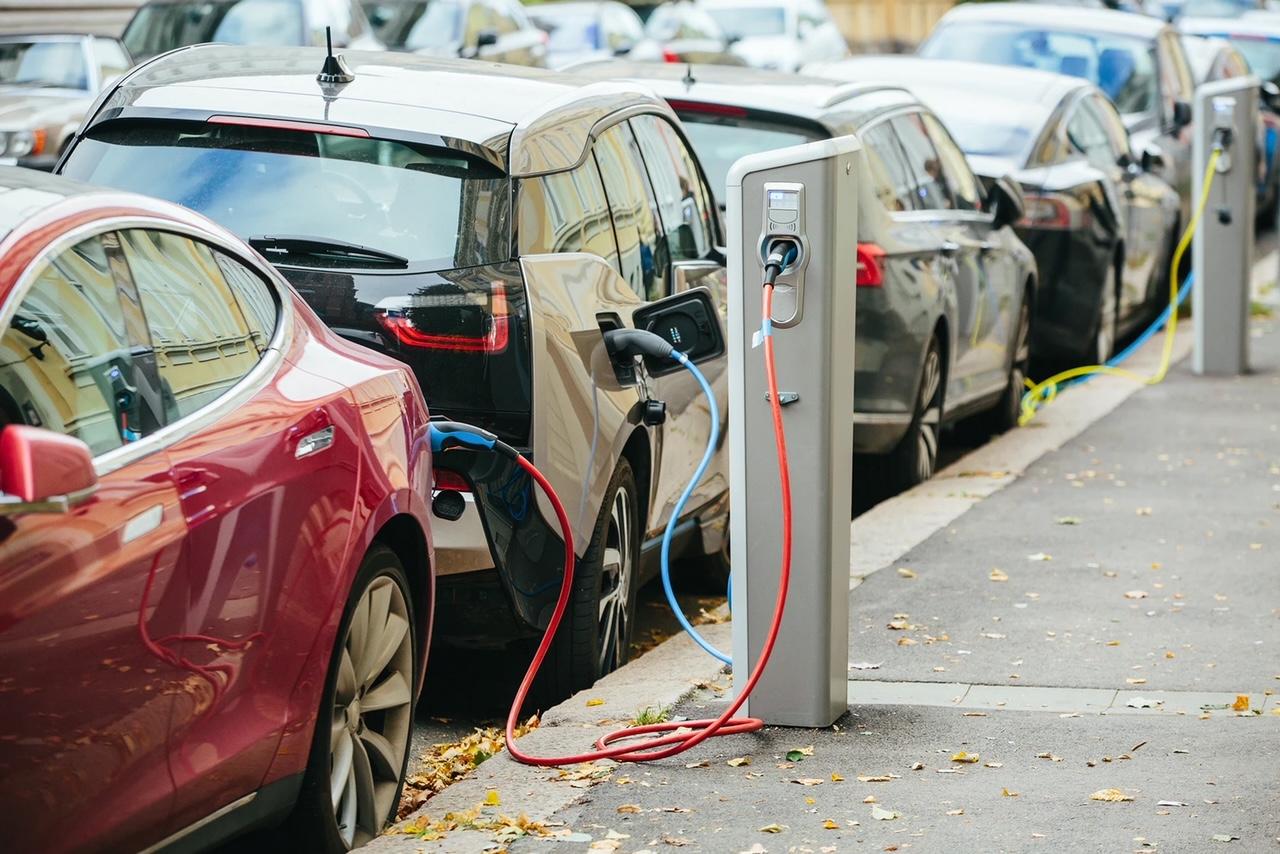

Facebook
Twitter
Pinterest
Instagram
Google+
YouTube
LinkedIn
RSS